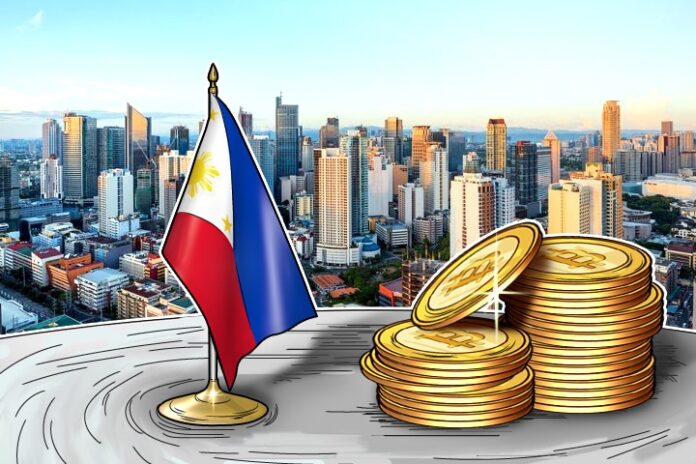A prominent financial regulator in the Philippines has recently announced that they intend to grant Bitcoin the status of security within the country. According to the Philippines’ Commissioner of the Securities and Exchange Commission (PhSEC), the country will from here on out subject Bitcoin to the Securities Regulation Code. The announcement was made just yesterday and signifies some long-awaited movement following a period of consideration and collaboration between both PhSEC and the country’s central bank.
It is likely that the Philippines became inspired to embrace cryptocurrencies, following Japan’s large success after they declared cryptocurrency legal tender.
It was only a matter of time before the Philippian government started addressing the growing popularity of cryptocurrency and initial coin offerings (ICOs) within the country. A prominent agricultural company in the Philippines, Calata Corp., recently lost its formal stock exchange due to improprieties. Since this event, the firm has launched its own ICO, where investors are rewarded with Calcoins, proportionate to their investment. In the last year alone, ICOs have raked in a total of US$4 billion.
According to commissioner Aquino, ICOs will also be granted security status, meaning that the ICO has to be registered with PhSEC and that each ICO must be compliant with all policies as outlined by the regulatory body.
Bitcoin enthusiasts seemed to welcome the move. While increased policies tend to stifle innovation, it’s a better option than banning cryptocurrencies and ICOs.
PhSEC has been closely monitoring and researching the cryptocurrency and ICO phenomenon for quite some time, according to Aquino. The commissioner stated that while their research proves that Bitcoin and Ethereum remain the two most popular cryptocurrencies, smaller and new altcoins will also enjoy securities status in the country. The commissioner added that they looked towards regulations passed by countries such as the US, Japan, Malaysia, Thailand, and Hong Kong, to aid them in constructing a regulatory framework.
Aquino continued to add that the PhSEC and the central bank, BSP, will be working closely together. According to the commissioner, there are already five or six companies which are registered and acknowledged by the BSP. However, the registered companies all fall within the financial service-providing sector.
Governor Nestor Espenilla, of BSP, stated that the bank has an open mind when it comes to the world of financial technology. Espenillia continued to add that the bank intends to play an active role in creating a policy framework that is conducive to fintech innovation. According to the Governor, there are already two cryptocurrency exchange platforms registered with BSP, and other platforms are currently being evaluated.
At the start of 2017, BSP created a regulatory framework for trading platforms to address issues such as money laundering. The bank’s main concerns were to keep the country as liquid as possible. A growing trend in the Bitcoin community is for people to use Bitcoin as a means of international remittances to evade strict capital controls.
According to the Governor, citizens will be allowed to exchange any cryptocurrency into fiat currency.
Earlier this year, the BSP Governor was reported by the Manila Times Online as stating that BSP would regulate two cryptocurrency trading platforms. According to the Governor, the platforms were based in the Philippines but had international options.















